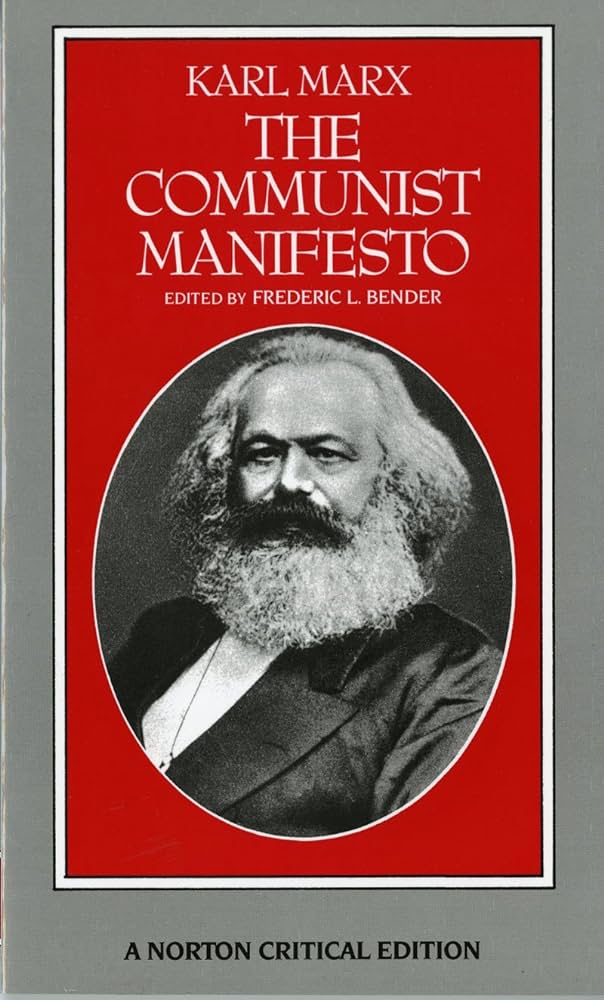Karl Marx, a name synonymous with revolution, economics, and social critique, left behind a vast and impactful body of work. His writings continue to spark debate and inspire movements across the globe. Here, we delve into five of his most significant works, offering a glimpse into the mind of this radical thinker:
1. The Communist Manifesto (1848, co-authored with Friedrich Engels)
A concise yet powerful pamphlet, the Communist Manifesto laid the foundation for Marxist ideology. It outlined the inherent contradictions of capitalism, the rise of the proletariat (working class), and the inevitability of a classless, communist society. Although some of its predictions haven’t materialized, the Manifesto remains a cornerstone of socialist thought, having sold over 100 million copies worldwide.

2. Das Kapital (Capital): A Critique of Political Economy (Vol. 1, 1867; Vols. 2 & 3 published posthumously)
Marx’s magnum opus, Das Kapital, is a dense and intricate analysis of capitalism. It delves into concepts like labor theory of value, exploitation of workers, and the cyclical nature of crises. While its sheer volume can be daunting, Das Kapital offers a profound critique of capitalism’s inner workings, still influencing economic thought today.
3. The German Ideology (1845)
Written during a period of intense collaboration with Engels, The German Ideology critiques various philosophical and political ideas prevalent at the time. It introduces the concept of historical materialism, arguing that societal change is driven by economic forces and class struggle, not abstract ideas. This concept remains central to understanding Marxist interpretations of history.
4. Economic and Philosophic Manuscripts of 1844
These early writings offer a glimpse into Marx’s evolving ideas. Here, he explores the concept of alienation – the separation of workers from the products of their labor – a core tenet of Marxist critique. Although not intended for publication during his lifetime, these manuscripts provide valuable insights into the development of Marx’s thought.
5. The Eighteenth Brumaire of Louis Bonaparte (1852)
This shorter work analyzes the rise of Napoleon III to power in France. Marx dissects the historical forces at play and the role of class conflict, offering a fascinating exploration of political power dynamics.